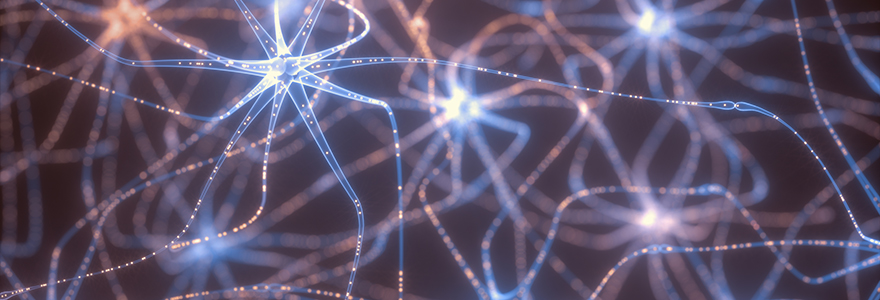Translational Neuroscience

At Robarts Research Institute, scientists are studying how the brain and the peripheral nervous system integrate information from the world and respond to that information at the molecular, cellular, circuit and behavioral levels.
Translational Neuroscience research at Robarts focuses on understanding the brain and innovating, integrating and translating technology to diagnose, treat and prevent brain diseases. To accomplish these goals, the group studies the brain from its molecular genetics to functional brain imaging in animal models and humans and collaborates with clinical and industry partners to improve the life of Canadians.
As national and international leaders in their fields, our researchers excel in interdisciplinary and collaborative translational research. We focus on fostering creative solutions to human disease, with a patient-centred perspective.
From the bench to the bedside: Our translational neuroscience research is changing lives
Neurodegenerative Disorders
Robarts scientists are focusing on pinpointing the earliest events that lead to age-related neurodegeneration in disorders such as Alzheimer’s and Parkinson’s disease and Amyotrophic Lateral Sclerosis. By looking at early changes in the brain, and how these changes impact cognitive function, we are working to improve early diagnosis for patients to protect against further deterioration.
Spinal Cord Injury
Our research is striving to minimize the damage from acute spinal cord injuries and restore neurological function and quality of life for patients. We are boosting the body’s natural response to the debilitating effects of these injuries by accentuating wound healing while minimizing the negative effects of inflammation.
Concussion As part of a collaborative, interdisciplinary effort, our scientists are working to improve the diagnosis and treatment of concussion. Using blood analyses, cognitive testing and imaging assessments, we are establishing ways to determine the severity of a concussion injury, guidelines for return to play and predictions of future risk.
Psychiatric Illness and Mental Health
Robarts scientists are investigating the brain-based mechanisms that lead to brain disorders, such as schizophrenia, autism-spectrum disorders, psychosis, depression and epilepsy. The group also investigates the effects of stress on the functioning of the brain and how it affects behaviour. The goal is to modify the pathways of poor outcome in individuals with psychiatric disorders and develop novel therapeutics. The group also develops and applies sophisticated image analysis techniques to extract, quantify, and distill information from medical images, ultimately leading to more accurate diagnoses and more precise surgical interventions.
Sensory perception and motor control
Robarts scientists are striving to understand how the brain controls movement. Accurate movements require complex sensorimotor transformations that integrate current body configuration with high-level goal signals to produce the desired motor command. The group combines neurophysiological and behavioural techniques in both humans and animal models to understanding such transformations. The goal is to use this basic understanding of sensorimotor function to improve treatment following
trauma (e.g. nerve and spinal cord injury) and disease (e.g. ALS) which often disrupt these interactions.
Our Team
- 24 core investigators and 3 associate scientists, including four clinician-scientists and 23 basic scientists
- 32 postdoctoral fellows and research associates
- 49 MSc and PhD candidates
- 35 research assistants








